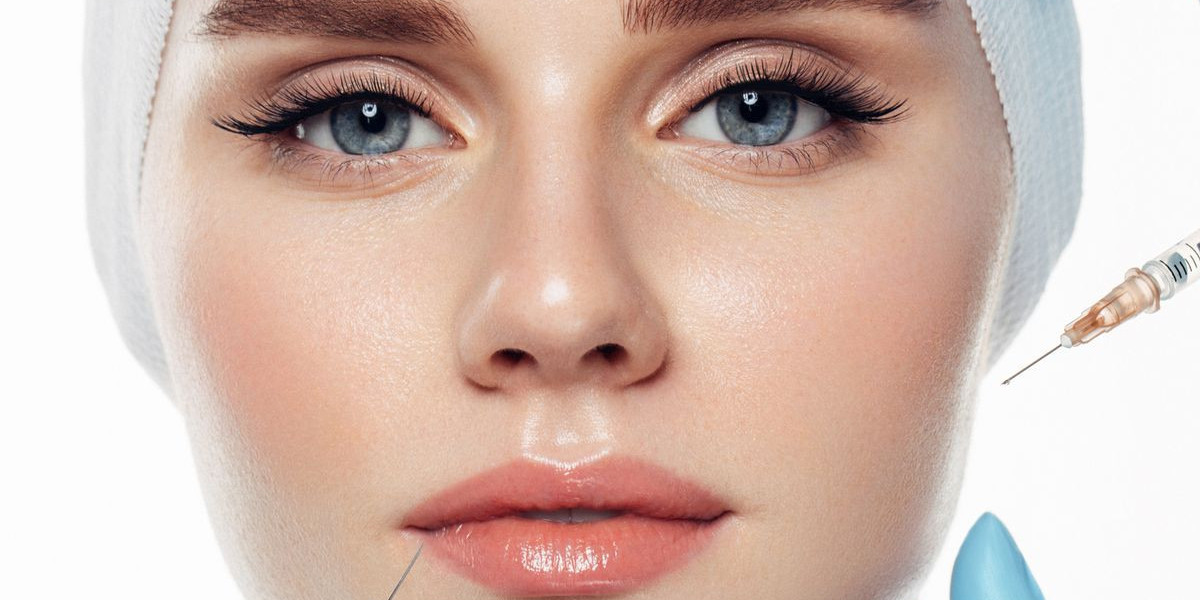Introduction
Botox, a popular cosmetic treatment in Riyadh, is used to reduce the appearance of wrinkles and fine lines. While it is generally safe when administered by a trained professional, there are some side effects that you should be aware of.
What is Botox?
Botox is a neurotoxin derived from Clostridium botulinum bacteria. It works by blocking nerve signals in the muscles where it is injected, leading to temporary muscle paralysis. This results in a smoother appearance of wrinkles and fine lines.
How Does Botox Work?
When Botox is injected into the muscles, it blocks the release of acetylcholine, a chemical that signals muscle contractions. This causes the muscles to relax, reducing the appearance of wrinkles and fine lines.
Common Side Effects of Botox
- Temporary Bruising and Swelling: It is normal to experience some bruising and swelling at the injection site, which usually resolves within a few days.
- Headache: Some people may experience mild headaches after receiving Botox injections, which typically go away on their own.
- Flu-Like Symptoms: In some cases, Botox injections can cause flu-like symptoms such as fever, chills, and body aches.
- Crooked Smile or Drooling: Occasionally, Botox injections can lead to a crooked smile or drooling due to temporary muscle weakness in the face.
- Eye Dryness or Excessive Tearing: Botox injections near the eyes can sometimes cause dryness or excessive tearing, which usually resolves on its own.
Less Common Side Effects
- Muscle Weakness: In rare cases, Botox injections can lead to muscle weakness in areas away from the injection site.
- Vision Problems: Some people may experience blurred vision or double vision after receiving Botox injections, which usually resolves within a few weeks.
- Allergic Reactions: While rare, some people may be allergic to Botox and experience symptoms such as itching, rash, or difficulty breathing.
- Speech Difficulty: In rare cases, Botox injections can lead to difficulty speaking or swallowing due to muscle weakness in the throat.
- Urinary Tract Infections: Some individuals may experience urinary tract infections after receiving Botox injections, which can usually be treated with antibiotics.
Rare but Serious Side Effects
- Difficulty Breathing: In very rare cases, Botox injections can cause difficulty breathing due to muscle weakness in the chest.
- Swallowing Problems: Botox injections near the throat can sometimes lead to swallowing difficulties, which may require medical attention.
- Muscle Stiffness: Some individuals may experience muscle stiffness or rigidity after receiving Botox injections, which usually resolves on its own.
- Blurred Vision or Blindness: In extremely rare cases, Botox injections can lead to blurred vision or blindness due to the spread of the toxin.
- Spread of Toxin Effect: In rare cases, the effects of Botox can spread to other areas of the body, leading to muscle weakness and other serious complications.
How to Minimize Side Effects
To minimize the risk of side effects, it is important to choose a qualified and experienced professional for your Botox injections. They will know the proper dosage and injection technique to ensure safe and effective treatment.
Conclusion
While Botox is generally safe when administered by a trained professional, it can cause side effects in some individuals. It is important to be aware of these side effects and discuss any concerns with your healthcare provider before undergoing treatment.















